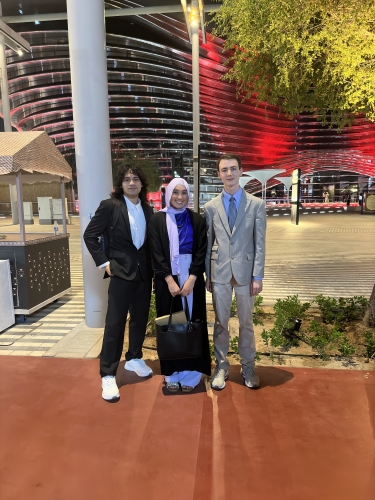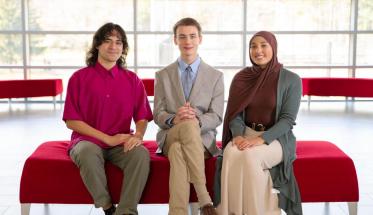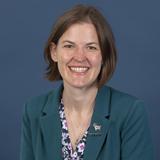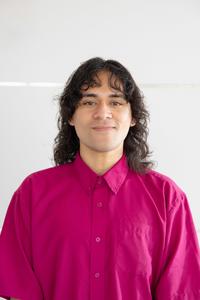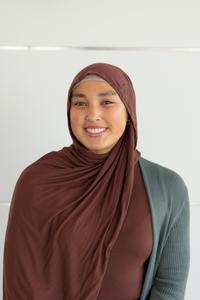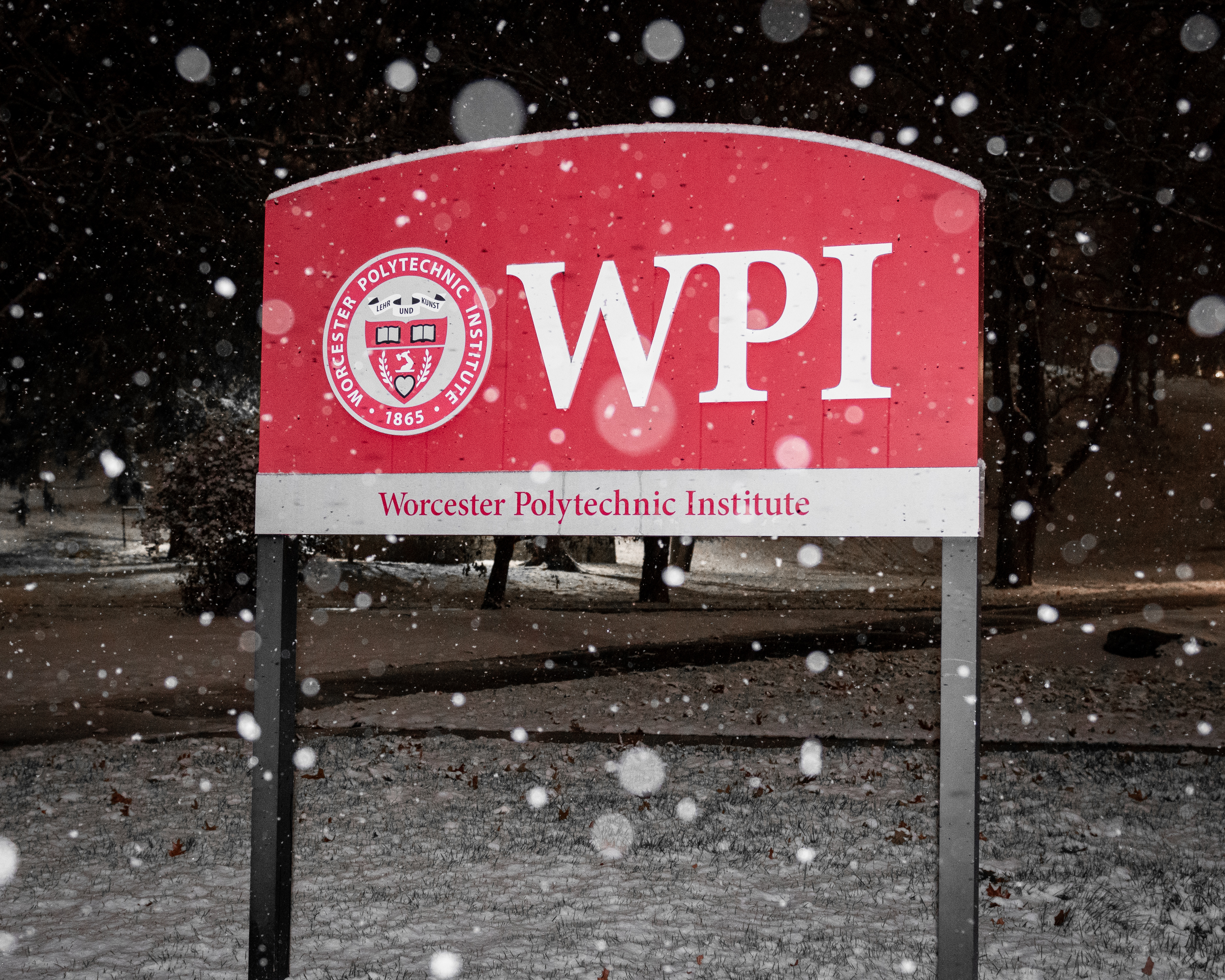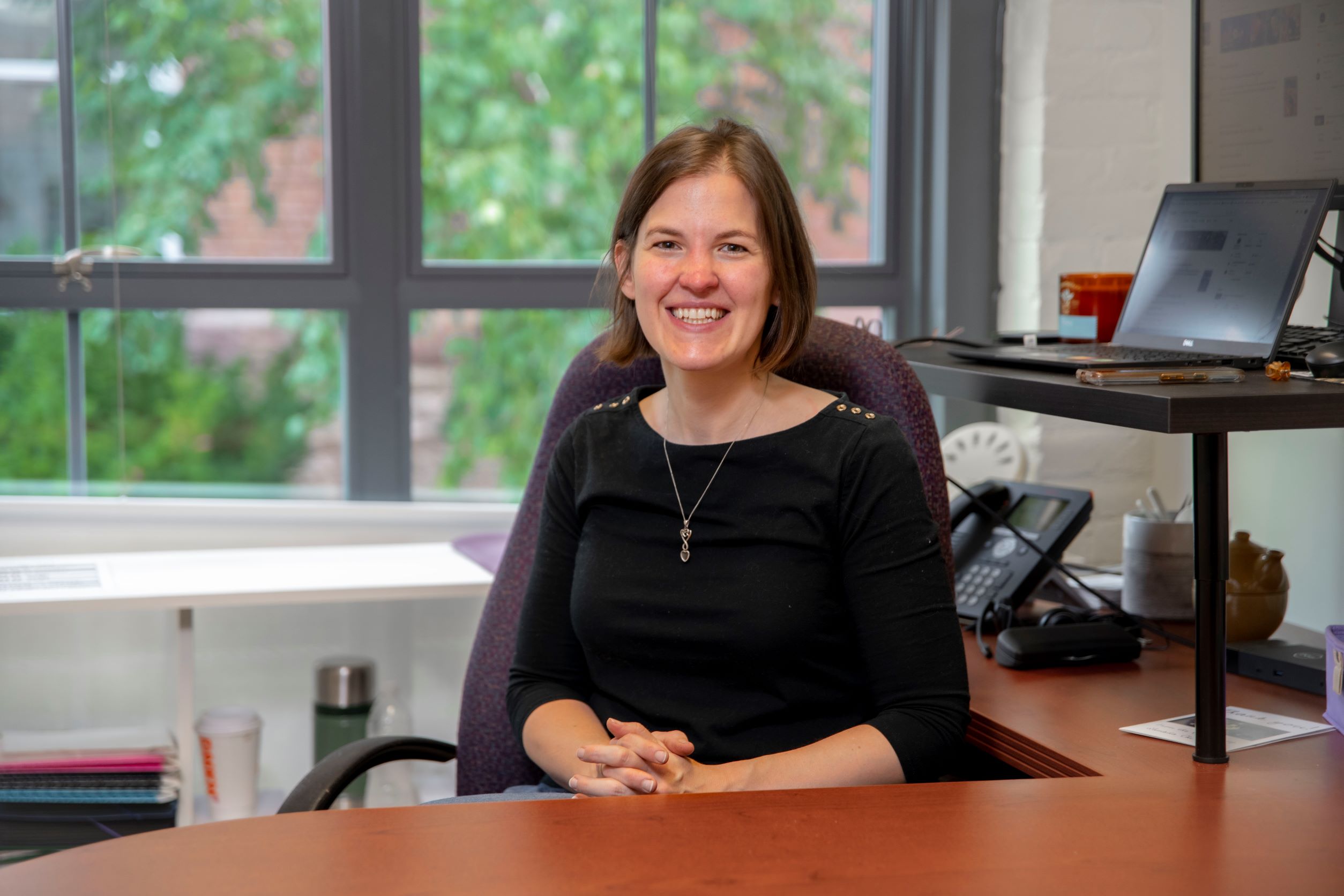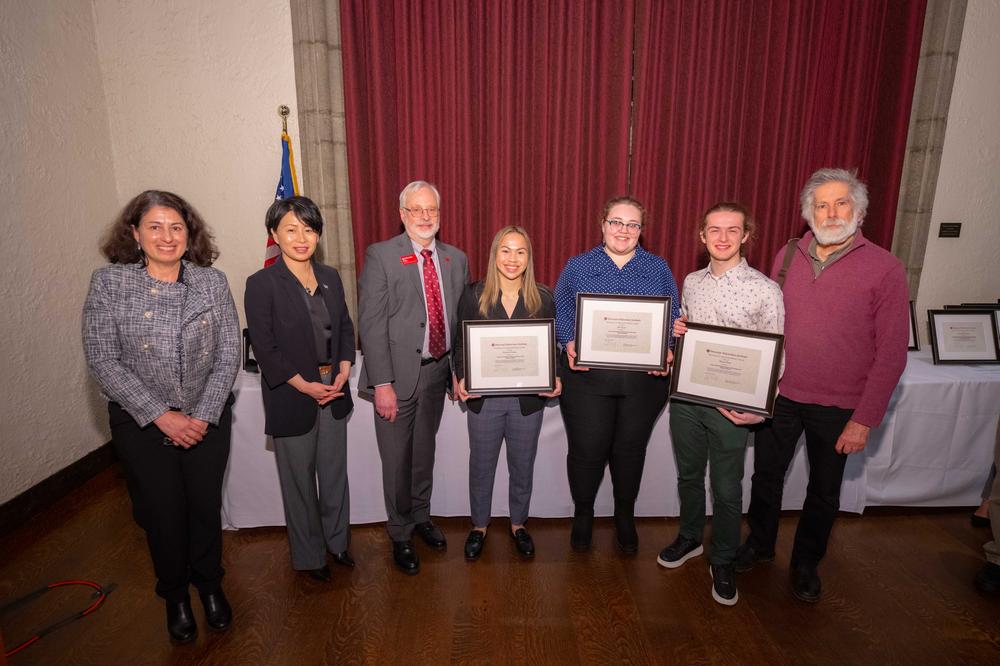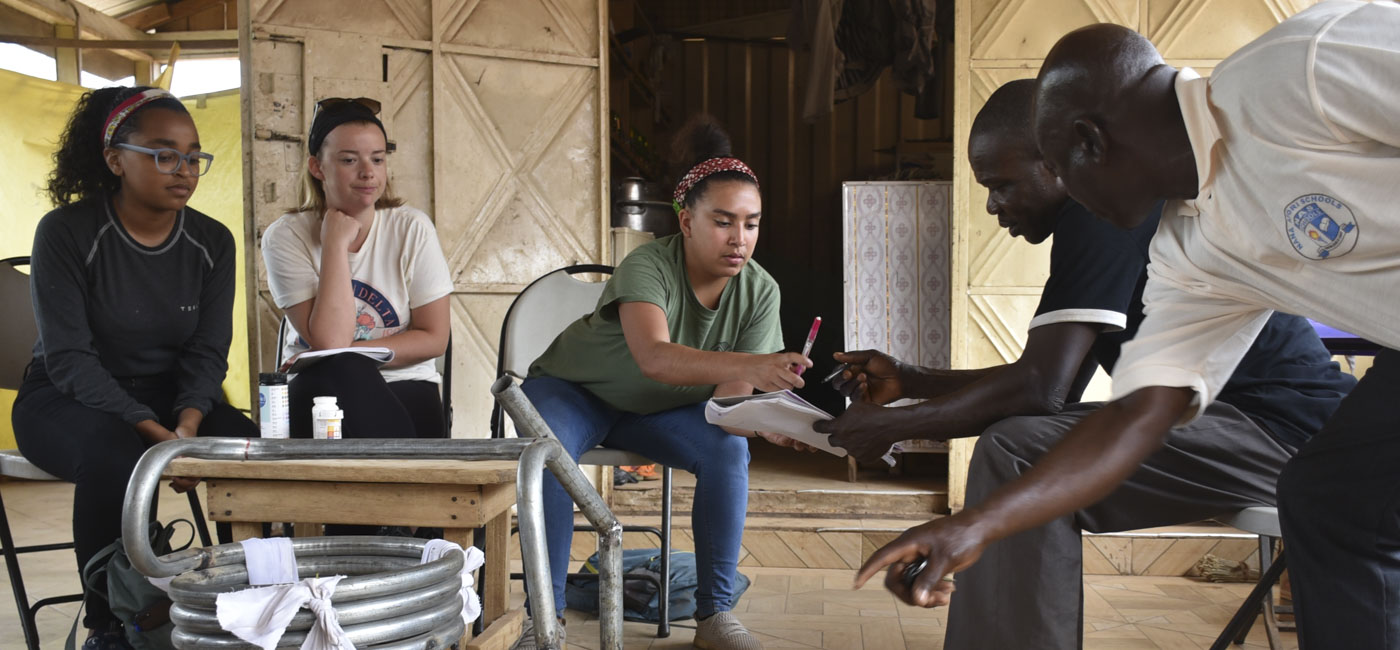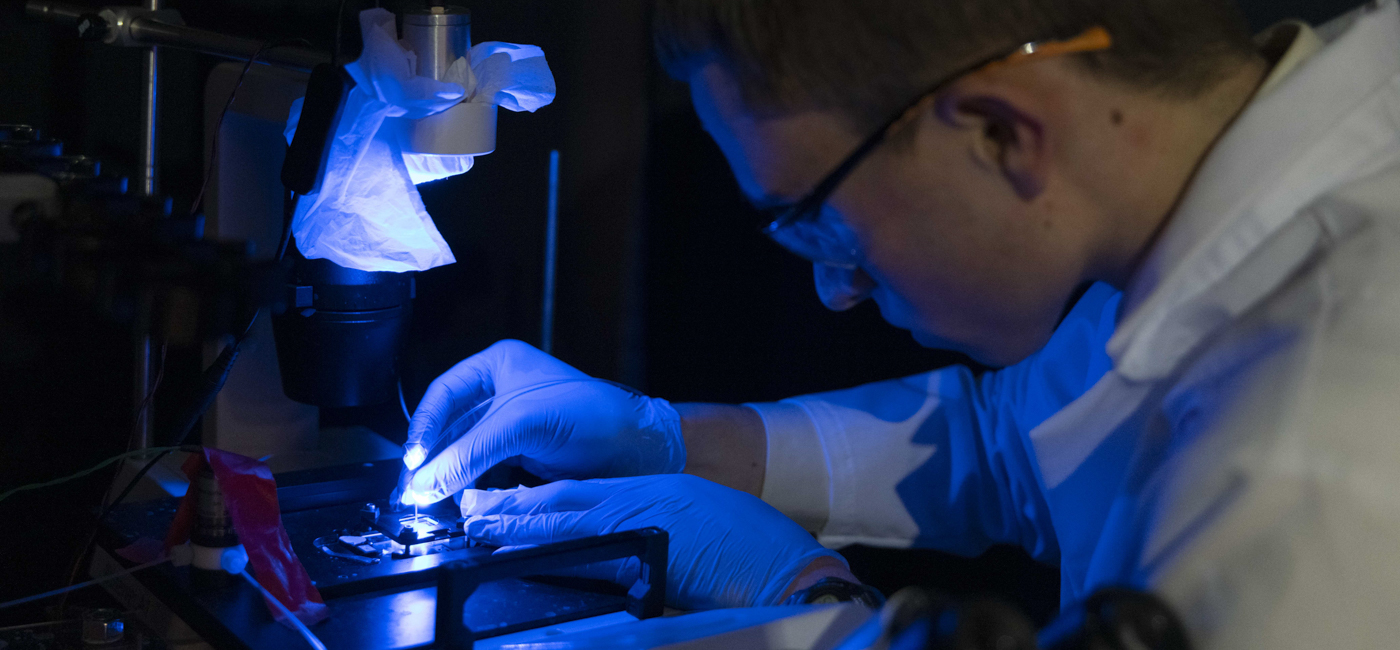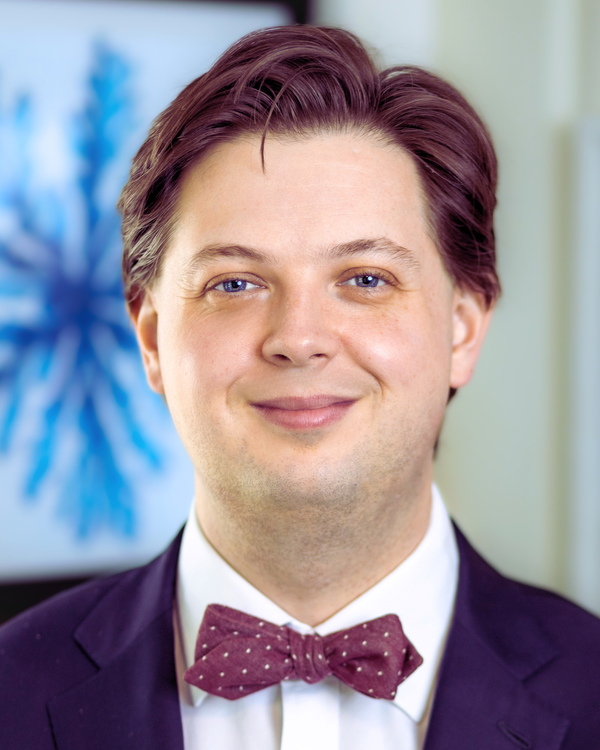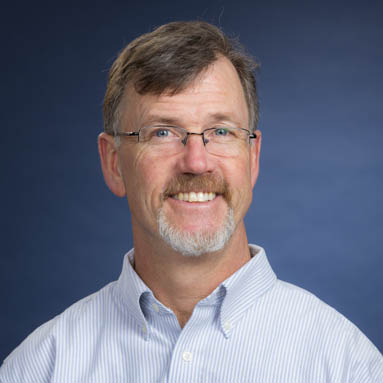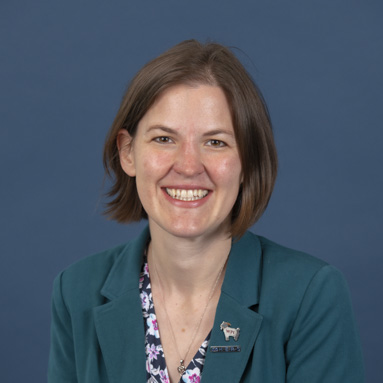Chang, a Fulbright Scholar from Moto'otua, Samoa, said sea level rise poses a direct threat to livelihoods in his home country, where he’s worked as an environmental scientist studying water quality. He said the conference highlighted to him the need for the world to recognize how developing nations are being affected by climate change, the need for countries in the global south to be empowered in these global decision-making talks, and the need to address disparities in access to green energy between poor and wealthy nations. Despite his concerns about equitable implementation of green energy transitions, Chang said he left the conference feeling more hopeful, “because just being in that space made me realize that COP has the potential and power to turn global climate goals into real actions, making sure everyone – regardless of their circumstances – can benefit fairly in the fight against climate change. It was also refreshing to hear people from different backgrounds share how they approach climate change from their respective fields.”
Bezzat, from Woburn, Massachusetts, attended the conference after having just completed a project on cultural differences in viewpoints on the United Nations Sustainable Development Goals (SDGs), particularly life below water. She said she was inspired at the conference by a student from the Philippines who shared that he was moved to climate action by seeing his hometown destroyed by flooding. She said she was impressed by the technological climate innovations displayed at COP 28, but felt a disconnect between who can afford them and a need for unified action. “I definitely wanted to come back from this trip as a global citizen in a sense, and I think I achieved that,” she said. “My favorite part of the trip was the people I met and the stories I got to hear. The cultural exposure is something I would never have had the opportunity to get elsewhere.”
Gramer, an aspiring computer science teacher from Tyngsborough, Massachusetts, who is interested in the environmental impact of coding, said he left the conference feeling the need to educate the next generation about the urgency of the climate crisis so future leaders can contribute to solutions using their passion and skills. “What I realized at COP 28 is the issue isn’t just about reducing our fossil fuel emissions,” he said. “It’s about lifting up everybody in a sustainable way. We need to work together to reverse climate change through high-tech solutions, but we also need to work to ensure that everyone has the fundamentals like clean water and education. We need to teach the next generation about the issue and give them confidence to solve these problems.”
The student delegates were selected by The Global School following nominations by faculty. The Global School played a pivotal role in establishing the virtual exchange with AUS and ensuring that WPI students from different disciplines have access to the globally focused academic offerings provided by the partnership.
Three faculty members are leading classes that include a sustainability project as part of the virtual exchange. Jed Lindholm, assistant professor in The Business School, teaches a course on sustainable business leadership; Mohammed El Hamzaoui, instructor in the Department of Humanities & Arts (HUA), teaches Arabic; and David Ibbett, visiting assistant professor in HUA, leads a practicum in music and science. Through these courses, WPI students collaborate with AUS students to develop solutions to make local and global communities more sustainable. The partnership is one example of The Global School’s commitment to addressing pressing climate, sustainability, and global health challenges through interdisciplinary programs including the Master’s in Community Climate Adaptation and the Master’s in Science and Technology for Innovation in Global Development.
Stanlick said this commitment was exemplified by the student attendance at COP 28 and participation in the partnership with AUS, “WPI is a world leader in the way we do global project-based education,” she said. “This was an incredibly valuable opportunity for these talented and multi-faceted students to take part in this type of curriculum, engage in a learning experience in diplomacy around some of the biggest issues facing our world, and be representatives of the wholistic education you get at WPI.”
